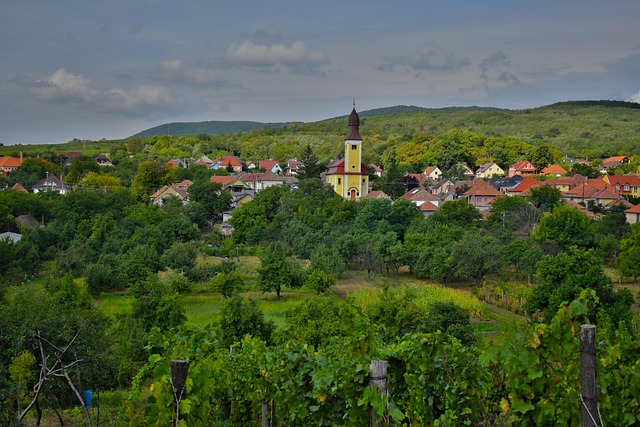The Sacred Feast: Exploring Religions’ Holiday Celebrations
Holidays hold a special place in our hearts, often marked by vibrant celebrations, family gatherings, and, of course, an abundance of food. Throughout history, various religions have established unique feasts that not only commemorate significant events but also strengthen communal bonds and personalize spiritual significance. Each feast serves as a reminder of cherished traditions and the profound connection between faith and shared experiences.
Christianity: The Passion of Easter
One of the most notable Christian feasts is Easter, celebrating the resurrection of Jesus Christ. This holiday is often accompanied by a special meal, highlighting the joy of rebirth and hope. Families gather around tables adorned with traditional foods like lamb, eggs, and sweet pastries. These meals serve not only to delight the palate but also to symbolize new beginnings and Christ’s ultimate sacrifice. The act of sharing these dishes nurtures love, forgiveness, and the importance of unity, echoing the very essence of the Easter message.
Judaism: The Seder of Passover
Passover, or Pesach, is a significant Jewish festival that commemorates the Exodus from Egypt. The Seder meal, rich in symbolism, forms the centerpiece of the celebration. It features matzo, bitter herbs, and various symbolic foods representing the struggles and resilience of the Jewish people. As family members gather around the table, they recount the narrative of liberation, reinforcing their identity and faith. The act of collectively partaking in this sacred feast serves as a powerful reminder of their journey and the value of freedom.
Islam: The Joy of Eid al-Fitr
Followers of Islam celebrate Eid al-Fitr to mark the end of Ramadan, a month of fasting and spiritual reflection. This joyous occasion is characterized by extravagant feasts that showcase a variety of dishes, often highlighting regional specialties. Families and friends come together to share meals, reflect on the blessings of the past month, and express gratitude for what they have. The communal nature of these gatherings fosters a sense of belonging and love, embodying the core values of compassion and generosity in Islam.
Hinduism: The Harvest Festival of Pongal
Pongal is a festival that celebrates the harvest, symbolizing gratitude for nature’s bounty in the Hindu tradition. Families prepare a special dish called Pongal, made from newly harvested rice, milk, and jaggery, which is offered to the sun god as a sign of appreciation. The warmth of the feast brings family members together, cultivating feelings of love and sharing. This festival serves as a reminder of humanity’s connection to nature and the importance of giving thanks for life’s gifts.
Buddhism: Vesak and the Offerings
Vesak, also known as Buddha Day, commemorates the birth, enlightenment, and death of Gautama Buddha. Celebrated with various rituals, this spiritual feast typically includes offerings of food to monks, which symbolizes compassion and generosity. The practice of sharing meals reflects the interconnectedness of all beings and the importance of mindfulness. By engaging in communal acts of giving, individuals honor their commitment to the principles of Buddhism while nurturing their spiritual path.
As we explore these sacred feasts across different religions, we discover a beautiful tapestry of traditions that express love, gratitude, and hope. Each celebration transcends mere sustenance, fostering connections that bind individuals to their faith, cultures, and neighborhoods. In an age where the world can often feel fragmented, these shared meals remind us of our collective humanity, making the act of feasting a profound celebration of life itself.




